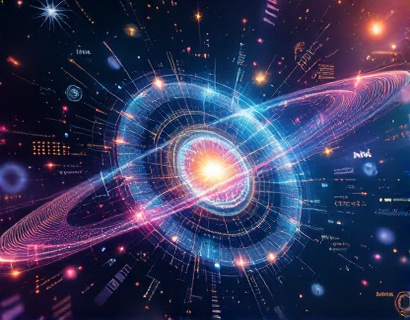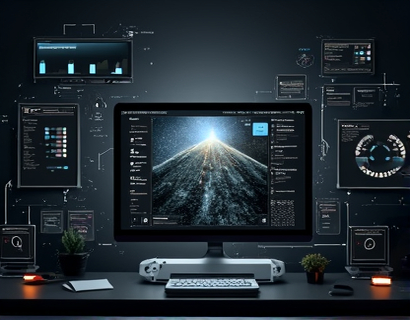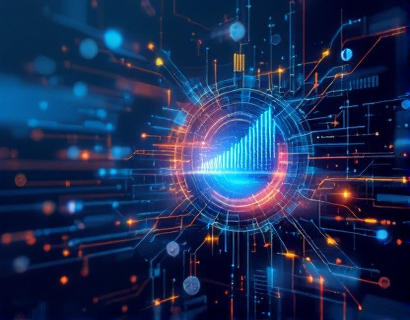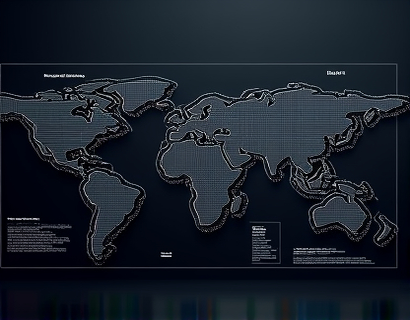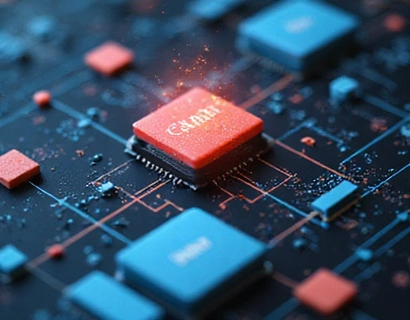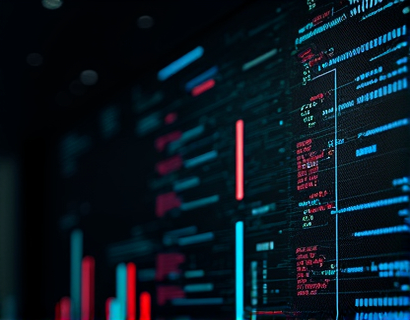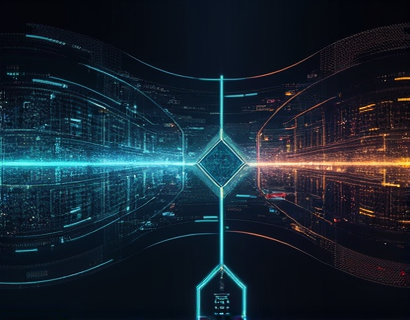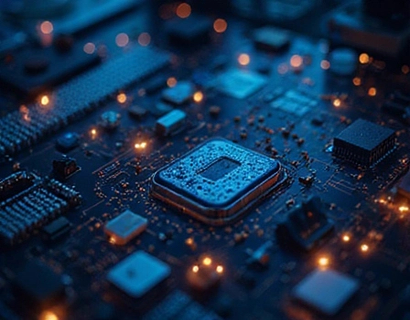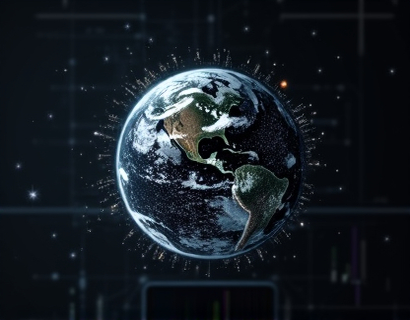Transforming Construction Project Management with Expert AI Insights
In the rapidly evolving landscape of construction, project managers and professionals are constantly seeking ways to enhance efficiency, reduce costs, and improve outcomes. One of the most promising advancements in this field is the integration of expert AI insights into project management. By leveraging AI technology, construction teams can gain instant access to a wealth of knowledge, streamline decision-making processes, and transform the way projects are managed.
Instant Access to Expert Knowledge
The traditional construction project often involves a significant amount of time spent researching and gathering information. From understanding build services to staying updated on industry trends, the need for timely and accurate information is critical. With the introduction of AI-driven chat interfaces, construction professionals can now access expert insights instantly. This technology acts as a virtual assistant, providing quick and reliable answers to complex questions, thereby reducing the time spent on information gathering and allowing teams to focus on core project activities.
Enhancing Decision-Making Processes
One of the most significant benefits of integrating AI insights into construction project management is the enhancement of decision-making processes. AI can analyze vast amounts of data, identify patterns, and provide predictive insights that human analysts might overlook. For instance, AI can help in assessing the feasibility of different construction methods, estimating project timelines more accurately, and identifying potential risks. By having access to these insights, project managers can make more informed decisions, leading to better project outcomes and reduced delays.
Streamlining Workflow Efficiency
Construction projects are complex and involve multiple stakeholders, each with their own set of requirements and timelines. AI chat interfaces can significantly streamline workflow efficiency by automating routine tasks and providing real-time updates. For example, AI can assist in managing schedules, tracking progress, and ensuring that all team members are aligned with the project's current status. This not only improves communication but also ensures that projects stay on track, reducing the likelihood of bottlenecks and delays.
Automated Task Management
AI can automate the management of tasks, from assigning responsibilities to monitoring progress. By integrating with existing project management tools, AI chat interfaces can pull data in real-time, updating task statuses and alerting team members of any changes. This automation reduces the administrative burden on project managers, allowing them to focus on strategic decision-making rather than getting bogged down by mundane tasks.
Real-Time Collaboration
Collaboration is key in construction projects, and AI chat interfaces facilitate seamless communication among team members. Whether it's coordinating with subcontractors, managing supply chains, or ensuring compliance with regulations, AI can provide instant insights and support. For instance, AI can help in translating technical jargon for non-experts, ensuring that all team members are on the same page. This real-time collaboration enhances productivity and fosters a more cohesive working environment.
Staying Ahead with Industry Trends
The construction industry is not immune to technological advancements, and staying updated on industry trends is crucial for success. AI chat interfaces can provide construction professionals with the latest insights into emerging technologies, regulatory changes, and market dynamics. By staying informed, project managers can make proactive decisions, adopt innovative solutions, and maintain a competitive edge.
Emerging Technologies
One of the most exciting areas in construction technology is the use of Building Information Modeling (BIM). AI can offer detailed insights into BIM applications, helping teams understand how to integrate this technology into their projects for better planning, design, and construction. Additionally, AI can provide updates on advancements in materials science, such as the development of more sustainable and durable building materials, which can significantly impact project costs and environmental impact.
Regulatory Compliance
Keeping abreast of regulatory changes is another critical aspect of construction project management. AI chat interfaces can monitor legal updates and provide timely alerts, ensuring that projects remain compliant with local, state, and federal regulations. This proactive approach helps avoid costly penalties and delays, ensuring smooth project execution.
Enhancing Workflow Efficiency Through AI
Beyond task management and collaboration, AI can contribute to overall workflow efficiency in several ways. By analyzing historical data and current project metrics, AI can identify inefficiencies and suggest optimizations. For example, AI can recommend the most efficient sequencing of construction activities, optimize resource allocation, and even predict potential issues before they arise. These insights enable project managers to take preemptive actions, reducing waste and improving project performance.
Predictive Maintenance
Equipment downtime can be a significant cost factor in construction projects. AI can facilitate predictive maintenance by analyzing sensor data from machinery to predict when maintenance is needed. This proactive approach ensures that equipment is always in optimal condition, reducing unexpected breakdowns and extending the lifespan of machinery. AI-driven insights can also help in scheduling maintenance during less critical periods, minimizing disruptions to the project timeline.
Cost Management
Effective cost management is essential for the success of any construction project. AI can provide real-time cost tracking and analysis, helping project managers stay within budget. By integrating with financial systems, AI can monitor expenses, identify variances, and suggest cost-saving measures. This level of oversight ensures that financial risks are managed proactively, contributing to the overall success of the project.
Challenges and Considerations
While the integration of AI into construction project management offers numerous benefits, it is important to consider the challenges and ensure a smooth implementation. One of the primary concerns is the accuracy and reliability of the data fed into AI systems. High-quality, accurate data is crucial for AI to provide meaningful insights. Additionally, there is a need for robust cybersecurity measures to protect sensitive project information.
Data Quality and Integrity
AI systems are only as good as the data they process. Ensuring that the data used for insights is accurate, up-to-date, and relevant is essential. Construction teams must invest in data management practices that guarantee the integrity of the information fed into AI systems. This includes regular data audits, validation processes, and the use of trusted data sources.
Cybersecurity
With the increased reliance on digital technologies, cybersecurity becomes a critical concern. Construction projects often handle sensitive information, and the risk of data breaches can have severe consequences. Implementing strong cybersecurity protocols, regular security audits, and employee training are essential to safeguard against potential threats. AI itself can play a role in enhancing cybersecurity by detecting anomalies and potential security breaches in real-time.
Future Prospects
The future of construction project management is increasingly intertwined with AI technology. As AI continues to evolve, we can expect even more sophisticated tools and applications that further enhance efficiency and innovation. The integration of AI with other emerging technologies, such as the Internet of Things (IoT) and virtual reality (VR), holds the potential to revolutionize the construction industry. For instance, AI combined with IoT can enable smart construction sites where equipment and materials are tracked in real-time, and VR can be used for immersive project visualizations and training.
AI and IoT Integration
The combination of AI and IoT can create intelligent construction sites where every component is connected and communicates seamlessly. Sensors embedded in equipment and structures can send real-time data to AI systems, which can then analyze this data to optimize operations, predict maintenance needs, and ensure safety. This level of connectivity and intelligence can significantly reduce operational risks and improve project outcomes.
Virtual Reality in Construction
VR technology, when integrated with AI, can transform the way construction projects are planned and executed. AI can generate detailed 3D models of projects, which can be explored in a virtual environment. This allows stakeholders to visualize the project before construction begins, identify potential issues, and make necessary adjustments. VR can also be used for training purposes, providing workers with immersive simulations to enhance their skills and safety awareness.
Conclusion
The integration of expert AI insights into construction project management represents a significant leap forward in the industry. By providing instant access to expert knowledge, enhancing decision-making processes, and streamlining workflows, AI technology offers construction professionals the tools they need to succeed in a rapidly changing environment. As the construction industry continues to adopt and refine these technologies, the potential for improved efficiency, cost savings, and project success is immense. Embracing AI is not just an option but a necessity for staying competitive and innovative in the modern construction landscape.





